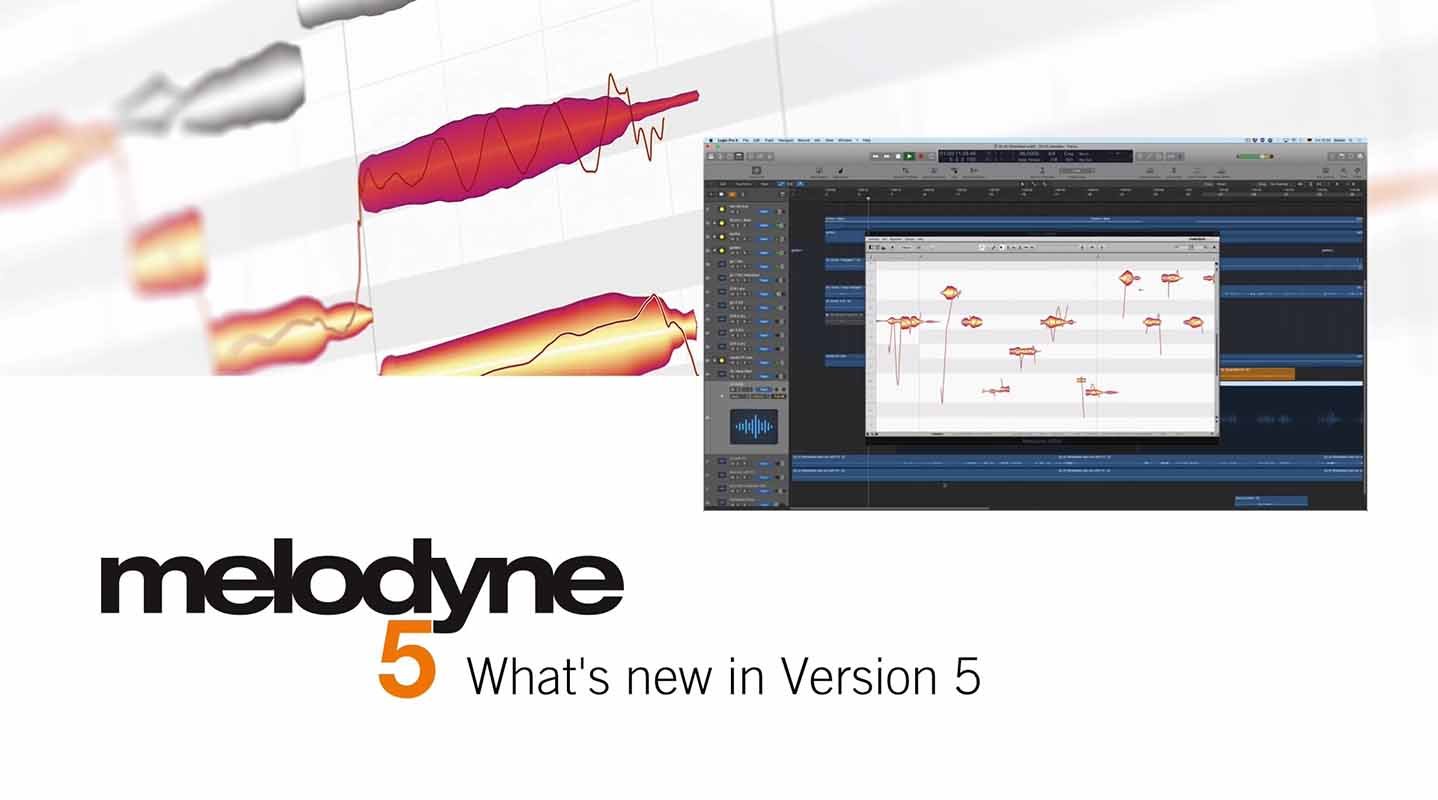

Clinical parameters predicting pathologic tumor response after preoperative chemoradiotherapy for rectal cancer. Pathologic complete response of primary tumor following preoperative chemoradiotherapy for locally advanced rectal cancer: long-term outcomes and prognostic significance of pathologic nodal status. Relationship between pathologic T-stage and nodal metastasis after preoperative chemoradiotherapy for locally advanced rectal cancer. Pucciarelli S, Capirci C, Emanuele U, et al. Residual mesorectal lymph node involvement following neoadjuvant combined-modality therapy: rationale for radical resection? Ann Surg Oncol. Does rectal wall tumor eradication with preoperative chemoradiation permit a change in the operative strategy? Dis Colon Rectum. Assessing the predictive value of clinical complete response to neoadjuvant therapy for rectal cancer: an analysis of 488 patients. Surveillance after neoadjuvant therapy in advanced rectal cancer with complete clinical response can have comparable outcomes to total mesorectal excision. Smith RK, Fry RD, Mahmoud NN, Carter Paulson E. A single-centre experience of chemoradiotherapy for rectal cancer: is there potential for nonoperative management? Colorectal Dis. Nonoperative management of rectal cancer with complete clinical response after neoadjuvant therapy. Wait-and-see policy for clinical complete responders after chemoradiation for rectal cancer. Maas M, Beets-Tan RG, Lambregts DM, et al. Operative versus nonoperative treatment for stage 0 distal rectal cancer following chemoradiation therapy: long-term results. Complete clinical response after neoadjuvant chemoradiation therapy for distal rectal cancer: characterization of clinical and endoscopic findings for standardization.

Habr-Gama A, Perez RO, Wynn G, Marks J, Kessler H, Gama-Rodrigues J. Is surgery always necessary in rectal cancer? Oncology (Williston Park) 2014 28:607–11. Critical appraisal of the “wait and see” approach in rectal cancer for clinical complete responders after chemoradiation.

Predicting complete response: is there a role for non-operative management of rectal cancer? J Gastrointest Oncol. Complete pathologic response after combined modality treatment for rectal cancer and long-term survival: a meta-analysis. Long-term outcome in patients with a pathological complete response after chemoradiation for rectal cancer: a pooled analysis of individual patient data. Awareness of these variables can be valuable in counseling patients regarding prognosis and treatment options. Several clinical, pathologic, and treatment variables can help to predict which patients are most likely to have pCR after nCRT for rectal cancer. Complete response was not associated with an increased risk of major postoperative complications. Factors associated with pCR included lower tumor grade, lower clinical T and N stage, higher radiation dose, and delaying surgery by more than 6–8 weeks after the end of radiation, while lack of health insurance was linked with a lower likelihood of pCR. ResultsĪ total of 23,747 patients were included in the study. Multivariable analysis of the association between clinicopathologic characteristics and pCR was performed, and propensity-adjusted analysis was used to identify differences in postoperative morbidity between pCR and non-pCR patients. Patients with rectal cancer who received nCRT followed by radical resection were included in this study. MethodsĪ retrospective review was performed of the NCDB from 2006 to 2011. The aim of this study was to identify variables that predict pCR after nCRT for rectal cancer and to examine the impact of pCR on postoperative complications. Some patients with rectal cancer who receive neoadjuvant chemoradiotherapy (nCRT) achieve a pathologic complete response (pCR) and may be eligible for less radical surgery or non-operative management.


 0 kommentar(er)
0 kommentar(er)
